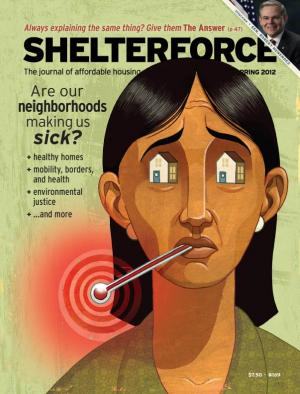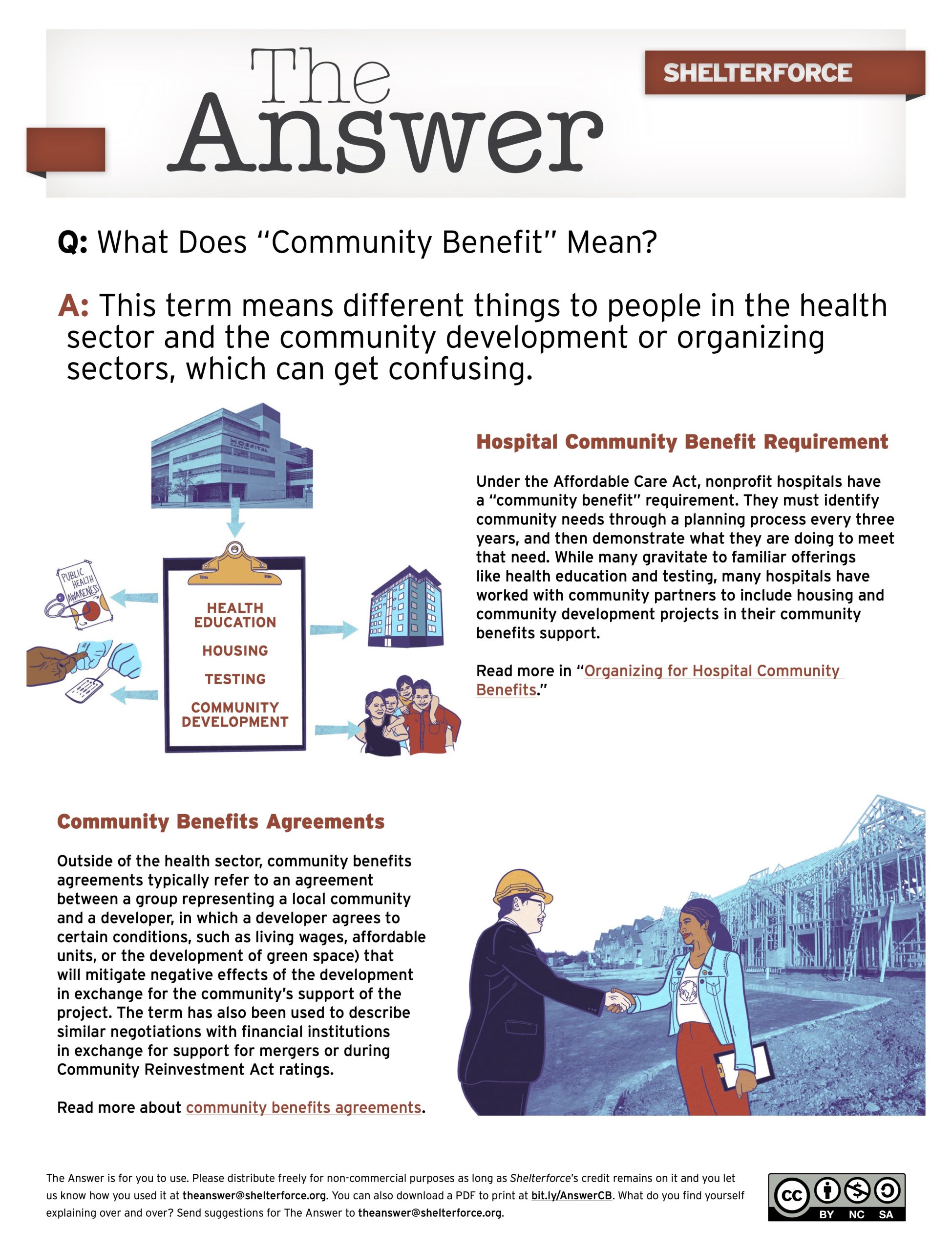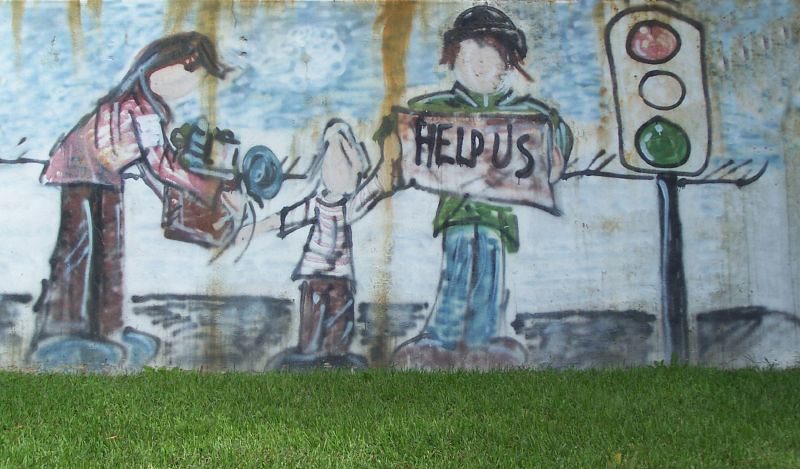When we wrote in 2006 about Boston Medical Center’s program to link patients to lawyers who could help improve their housing conditions, it was a revelation to us, even though it’s one of those ideas that makes complete sense as soon as you hear it: chronic illnesses like asthma are aggravated by substandard housing; the stress of unstable housing or eviction can exacerbate all sorts of medical conditions. We wrote, for example, in our issue on health and community development about the specific overlap of the foreclosure crisis and medical issues.
Doctors can’t treat those conditions with drugs—but often they can be fixed or ameliorated with some good legal help. So why not have legal assistance right there in the hospital or clinic to refer patients to?
The movement that has organized under the National Center for Medical-Legal Partnership wasn’t brand new in 2006, and now, seven years later it boasts 97 medical-legal partnerships serving 54,000 patients a year at more than 275 healthcare institutions nationwide.
NPR did a story last week on one of these partnerships in Akron, Ohio, in advance of the center’s annual summit, which is taking place right now. It was a good story overall, but it struck me that the tone was very much one of “Here’s this strange idea that some people are pushing the envelope to try; so wacky it just might work!” They even sought out a medical malpractice lawyer who would say he thought it wasn’t such a good idea, though he didn’t have any actual arguments to make.
It was a reminder to me of just how unusual cross-sector and cross-discipline collaboration is, even when sometimes it feels to some of us like the idea has become a constant buzzword.





Comments